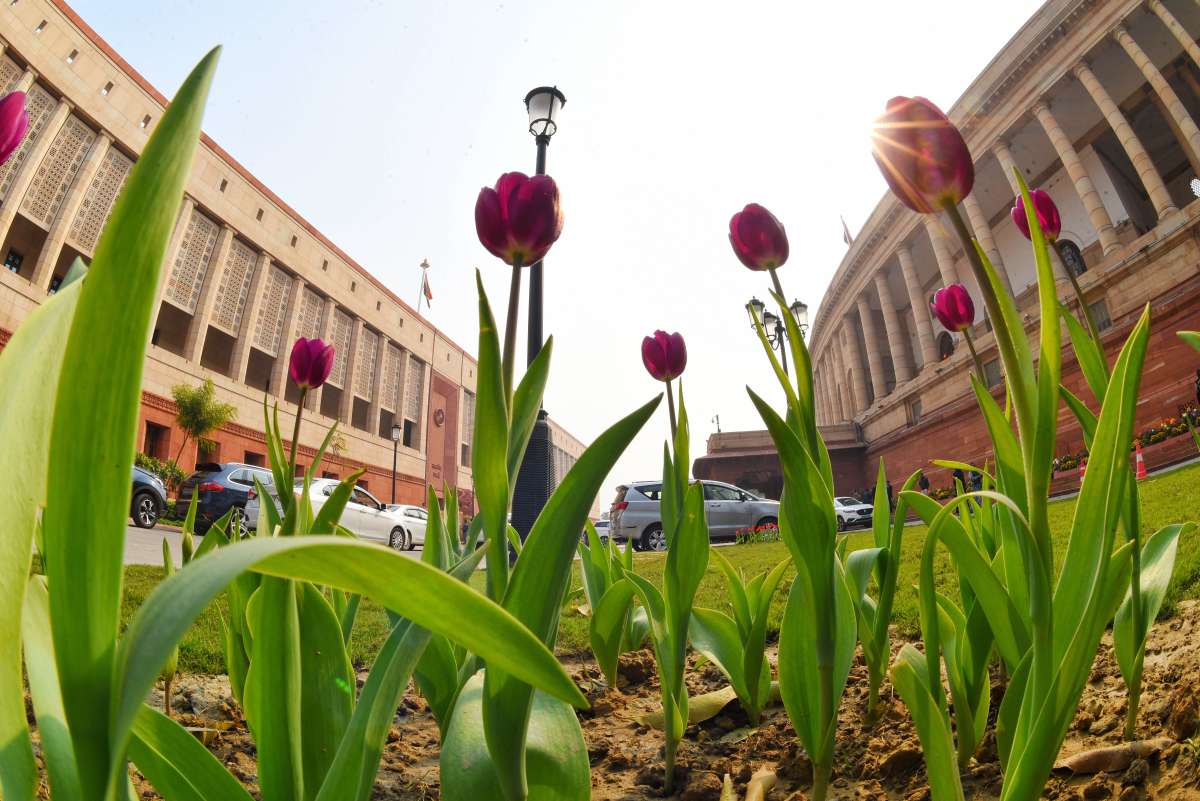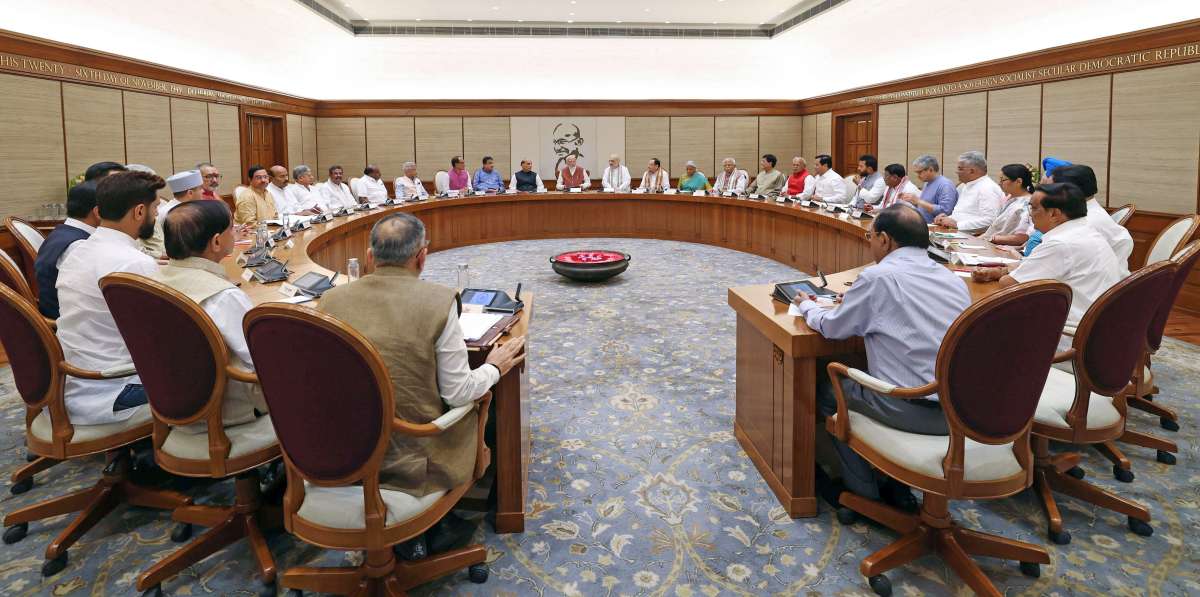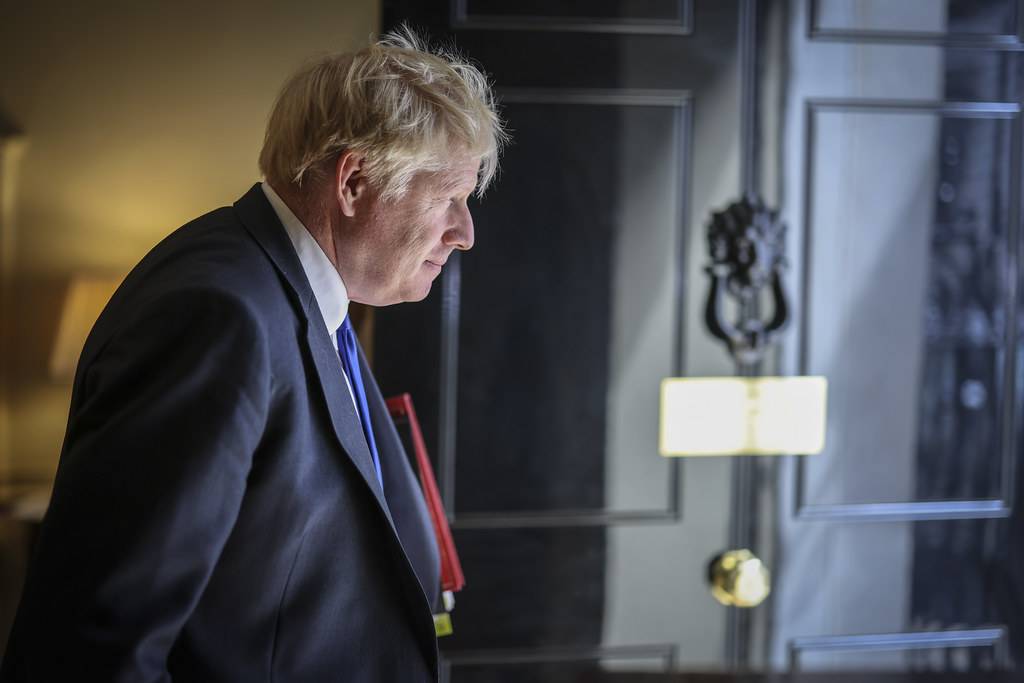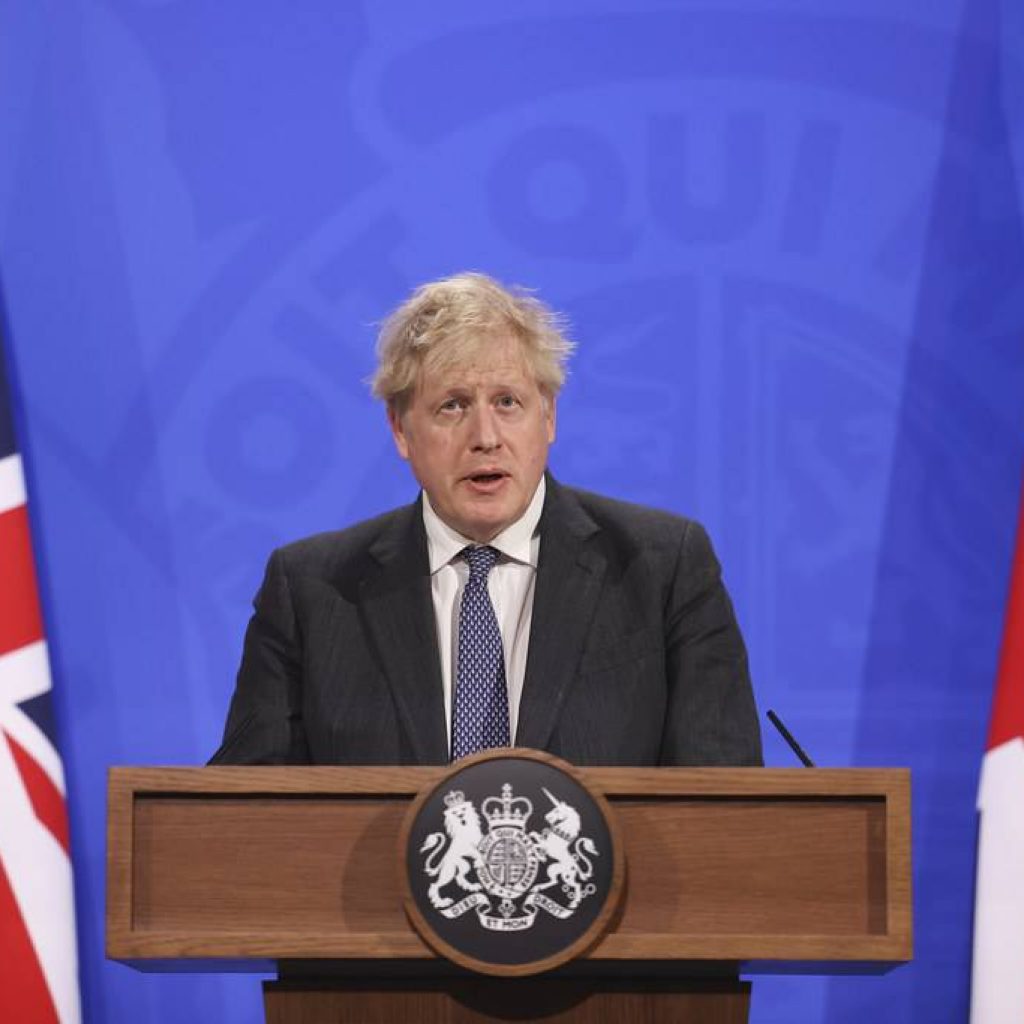An additional 10 ministers have professional graduate degrees, indicating specialized education in fields such as law, engineering or medicine…reports Asian Lite News
Eleven out of 71 ministers in the new council of ministers have declared their educational qualification to be 12th standard while 57 ministers have declared having an educational qualification of graduate or above, according to a new report by poll rights body ADR.
A recent report by the Association for Democratic Reforms (ADR) provides a comprehensive analysis of the educational qualifications of the Indian ministers, revealing a diverse range of academic backgrounds among the country’s political leadership.
The report, which scrutinized 71 ministers, highlights significant trends in educational attainment. The analysis shows that 15 per cent of the ministers, accounting for 11 out of the 71, have declared their highest educational qualification as 12th standard.
In contrast, a substantial majority of the ministers have attained higher education.
The report revealed that 80 per cent of the ministers, totaling 57, have qualifications of a graduate level or above. This group is further broken down into several categories, reflecting various levels of advanced education.
Specifically, 14 ministers have declared themselves as graduates, holding a basic university degree.
An additional 10 ministers have professional graduate degrees, indicating specialized education in fields such as law, engineering or medicine.
The largest subgroup among the highly educated ministers consists of those with postgraduate degrees at 26.
Furthermore, seven ministers have achieved the highest level of academic attainment by earning doctorate degrees.
Apart from these, there are three ministers who are diploma holders. These ministers have completed specialized programmes that provide vocational or technical training.
First session of 18th Lok Sabha to being from June 24
The first session of the 18th Lok Sabha will be held from June 24 and conclude on July 3 for oath/affirmation of newly elected Members, Union Minister of Parliamentary Affairs Kiren Rijiju said on Wednesday.
The 264th Session of Rajya Sabha will also commence on June 27 and conclude on July 3, the minister said.
“First Session of 18th Lok Sabha is being summoned from 24.6.24 to 3.7.24 for oath/affirmation of newly elected Members, Election of Speaker, President’s Address and discussion thereon. 264th Session of Rajya Sabha will commence on 27.6.24 and conclude on 3.7.24.”
President Droupadi Murmu will address a joint sitting of the Lok Sabha and the Rajya Sabha on June 27
The last session of the 17th Lok Sabha (Budget session) was held between January 31 and February 10, 2024.
Lok Sabha had 274 sittings in which 202 Bills were introduced and 222 bills were passed. Rajya Sabha had 271 sittings, in which 31 Bills were introduced and 220 bills were passed. In total 221 Bills were passed by both the Houses and became Acts, during the term of the 17th Lok Sabha.
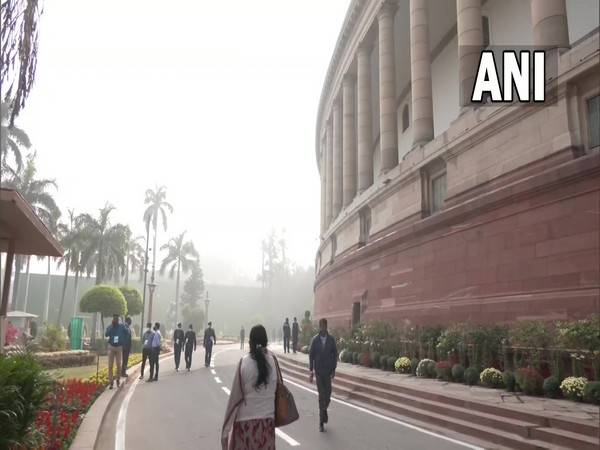
During the 17th Lok Sabha one of the most important business transacted was the abrogation of certain provisions from Article 370 and Presidential Orders thereunder for ensuring equal opportunities to all sections of Society in Jammu & Kashmir particularly with the restoration of applicability of the provisions of the Constitution of India and all socio-economic legislations thereby ensuring rule of law and equity. Further for ensuring better administration and for curbing terrorism, the State of Jammu & Kashmir was reorganized with the formation of two Union Territories – Jammu &Kashmir and Ladakh.
Also, three landmark Bills relating to the criminal justice system to ensure victim-centric justice namely the Bharatiya Nyaya Sanhita, 2023, the Bharatiya Nagarik Suraksha Sanhita, 2023 and the Bharatiya Sakshya Bill, 2023 replacing the Indian Penal Code, 1860, the Code of Criminal Procedure, 1973 and the Indian Evidence Act, 1872 were passed by both the Houses of Parliament. (ANI)

